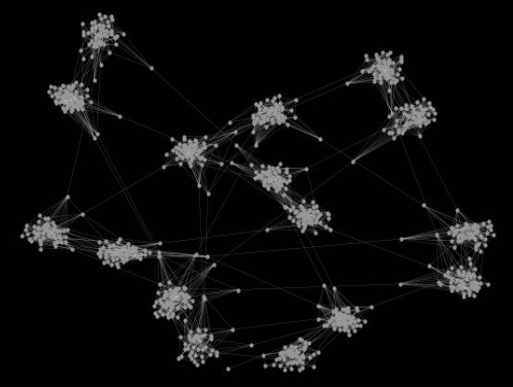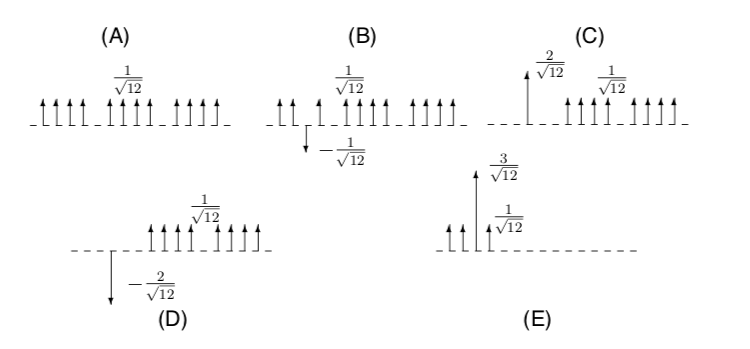Q.U.O.R - Quantum Undergraduate Opportuniies in Research
Welcome to the QCB Research page. Here you'll find ongoing and previous research by our club's central Research Team as well as projects from members. This Fall we're introducing our QUOR program, aimed at prepared undergraduates for intensive quantum research. This field is blooming with opportunities to push the forefront, and we believe that starts at the undegraduate level. Make a proposal above to get involved.
Current Projects
Particle Reconstruction Using QML
We aim to program a Quantum Machine Learning (QML) model that takes in information about a particle collision or decay event
(Energy, momentum, etc.) and outputs attributes about the particle(s) in the interaction (mass, charge, spin, etc.)
Join
Prescribing Color to Quantum States
To represent a quantum state, Bloch Sphere is the most widely used visualization. However, Bloch Sphere has its challenges when it comes to representing the states for multi-qubit systems, especially for mixed states and entangled states. To solve this problem and improve the visualization, John Paul Marceaux and some other graduate students at UC Berkeley developed a method of using colors to represent a quantum state. Since color is fundamentally a 3D concept, it corresponds nicely with the Bloch Sphere representation and also improves the issues with multi-qubit systems.
JoinCompleted Projects
Sentiment Analysis Using QNN
A RNN based on quantum circuits promises to offer several significant theoretical advantages, including
avoidance of the vanishing gradients problem, and may perform better on standard NLP tasks. Our work involves applying quantum RNNs
to a common sentiment-analysis task, where we categorize product reviews as positive or negative. While we do not expect performance
better than the classical state of the art, due to the relative infancy of quantum hardware, we expect to validate our approach and
demonstrate the theoretical advantages of quantum RNN.
QNN Presentation
Variational Quantum Eigensolvers; A Review of NISQ Era Algorithms
We implemented a variation of Grover’s canonical search algorithm, known as partial quantum search, in pyquil (a Python quantum computing library by Rigetti).
VQE Simulation Presention.
COVID-19 and QAOA
We used a quantum annealer to to determine how to safely reopen college campuses via quarantining students. We also implemented the quantum approximate optimization algorithm on Qiskit and TensorFlow Quantum, and showed numerically that for level 1 QAOA similar parameters are optimal on Erdos-Reyni and regular graphs.
A presentation of the quarantine results
A repo containing the project

Partial Quantum Search: Spring '19
We implemented a variation of Grover’s canonical search algorithm, known as partial quantum search, in pyquil (a Python quantum computing library by Rigetti).
The final poster.
Link to the original paper.

Qubit Project
The qubit project aimed to construct simulations of low-qubit quantum computers on classical computers. This was accomplished by first constructing simulations of qubits, then simulating increasingly complex gate operations on them.
